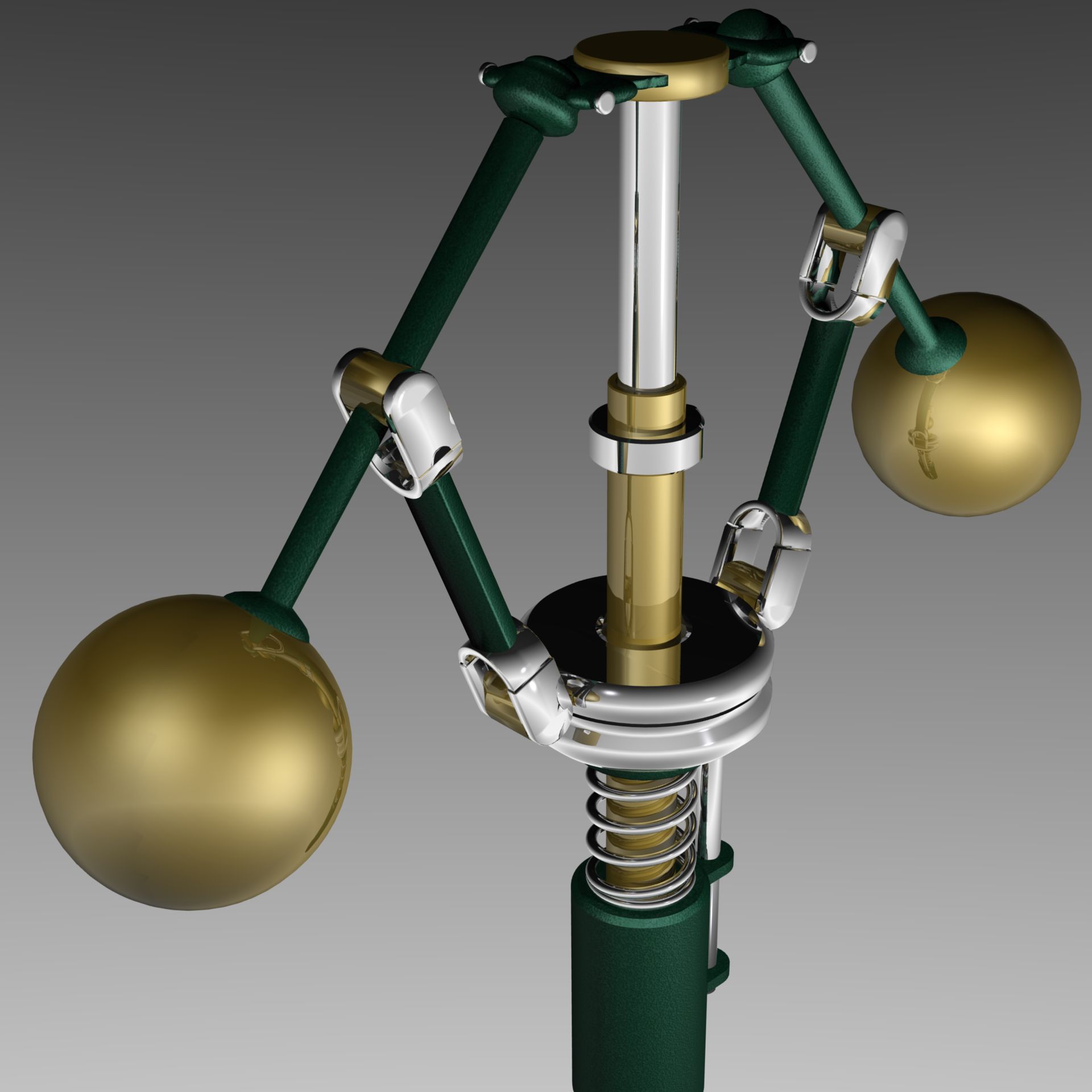YES YOU DID!!!
We've been talking about it for several days now! The whole thread is still here for everyone to read, Vowels!
You think that moral goodness is defined by your god's arbitrary, fiat command/action. All I'm doing is taking YOUR OWN DEFINITION OF GOOD and taking it to its logical end. Remember when I mentioned something about unintended consequences? Find that post and read it again.
Have you ever thought that God can do whatever He wills, but being a good God, He only wills to do "good"?
And have you ever thought that my definition of "good" being whatever God wills to do, would thus be a correct definition?
And you and I may be blind men feeling an elephant and describing this same elephant in different ways. For instance I may insist it has this long tooth, but you are insisting it has this thick back leg - and both of us might be right about our description of that beast.
You insist your God is good.
I say my God is good too.
You say what God wills to do is only good things.
I say the same.
I've stated several times now that, yes, we can know what good is by watching God, Who is THE example of it. But that's only the case because God is, in fact, good!
Which I agree with, and say the same about my God.
He really is actually righteous. But He isn't righteous because righteousness is defined by His actions. That's backwards and renders the idea of a righteous God meaningless!
OK so you don't like my definition of "whatever God wills to do is good".
But why do you keep disliking my God, who only wills to do good, like your God?
God is righteous because the word righteous signifies a concept with an actual meaning
Well find that meaning. Give me a definition of good or righteousness other than my definition which is "Whatever God wills to do IS, by definition, "good"".
Your definition that God is logical, fails to have any meaning, unless you can predict what "logical" thing God is going to do next. Then God goes and does something and surprises all of us, and your definition appears useless, since what God did, seems "illogical" to our little minds.
Then you will argue, "but it is logical on a higher plane".
Which is useless, to appeal to a higher plane. Give me words which work on this plane.
Yet my definition has held up. Although what God did, surprises all of us and even the angels in heaven, it is still seen, in retrospect to have been a good decision.
God is always doing illogical things like ordering water bowls to be filled with water at wedding feasts, so that they can illogically be turned into wine - and surprise everyone.
and God's actions are consistent with that concept. God is therefore righteous because He acts rightly.
Sorry to belabour it, but you still don't have a definition of "acts rightly".
Therefore nothing follows from nothing. Your "therefore" above is therefore meaningless and proves nothing.
If God were to do evil, evil would not become good, God would become evil.
Sorry to belabour it, but just as you have not defined "good" you have not defined the opposite "evil".
Thus we could never know when and if God did evil, since we have nothing to compare His actions with.
Otherwise, it would have made no sense to tempt Jesus. (Any of this sound familiar? I've said it all before.)
And I am sure we will hear it all again until you give a definition of "good" that is of any use.
Satan offered Christ all the kingdoms if Christ would bow down to Satan.
Christ knew what "good" was because He quoted the law.
But the law is just specific instances of the general concept which is "goodness".
Luckily, Christ knew that one of the laws was to have no other gods or worship them, so He applied that definition to His situation. Besides, Christ came from the Father and knew His will.
Hence there is no law "Thou shalt allow thyself to be crucified". Yet Christ knew it was the will of the Father that Christ be crucified. It may not be the will of the Father that I be crucified however.
That is why it is important for us Christians to attune ourselves to the will of the Father, because what the Father wills for me, may not be what the Father wills for you. But we can be assured that the Father never wills us to go against His own law. So I might have had a problem when God orders me to sacrifice my son like Ab was prepared to do. But I reason, that If Christ walked and talked with me, first telling me that I will have a son, then the same One tells me to sacrifice my son - I might obey Him because I would know Him so well.
Can you even see the difference? Have we all been wasting our time debating an idiot who doesn't even know what is being discussed?
This idiot has given his definition of "good".
What we are all waiting for is your definition.
Limit Him? How would I be doing that by providing the exact same definition of good and evil that the bible gives?
Please give that definition already.


